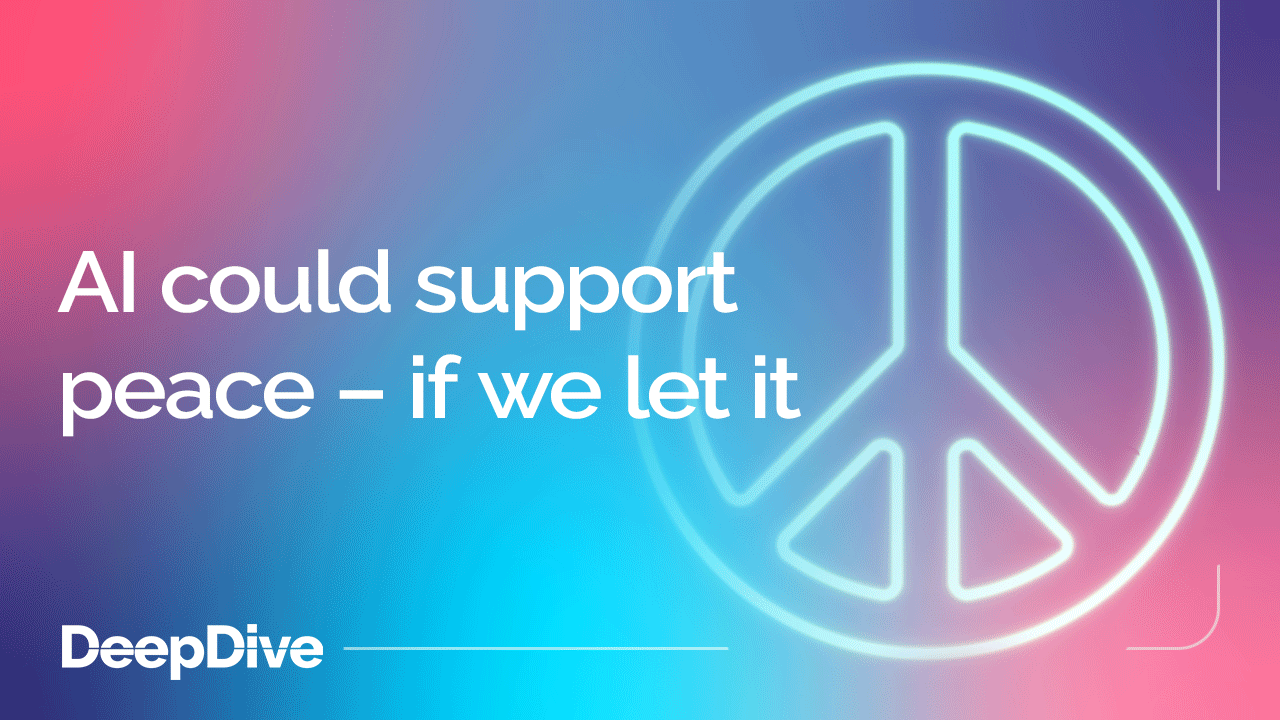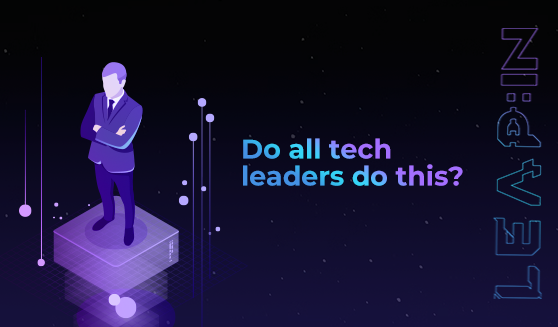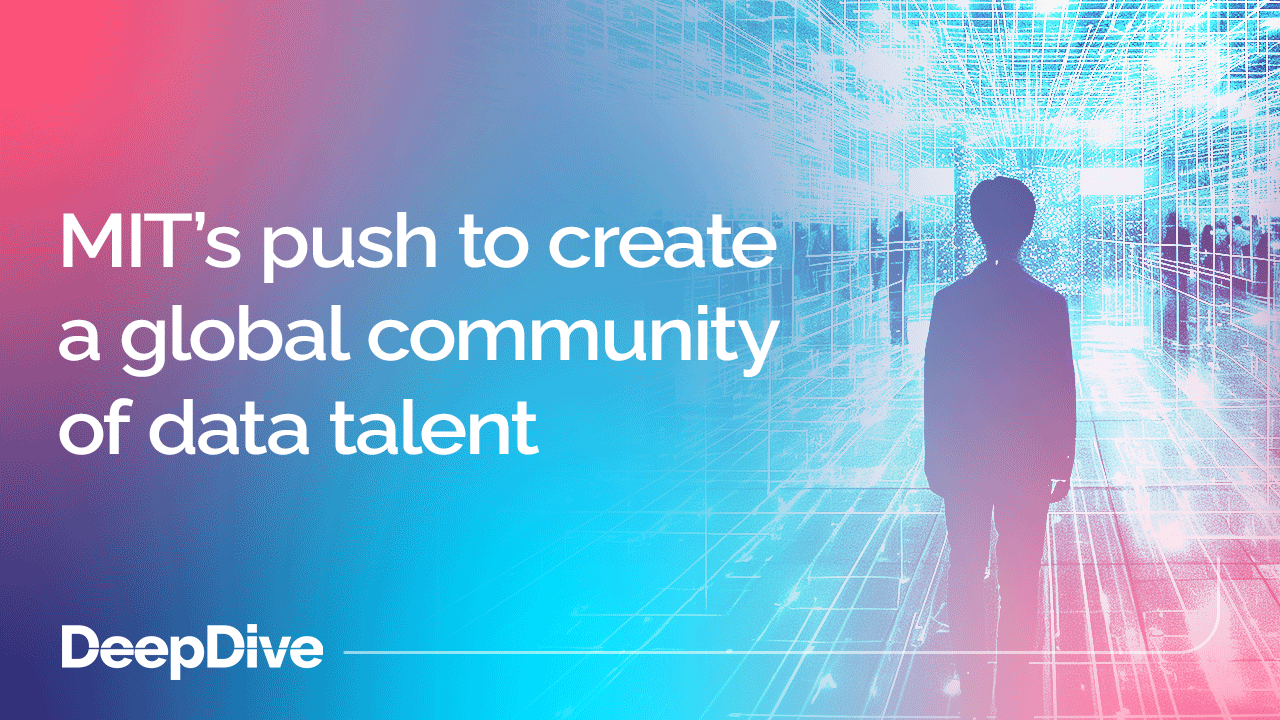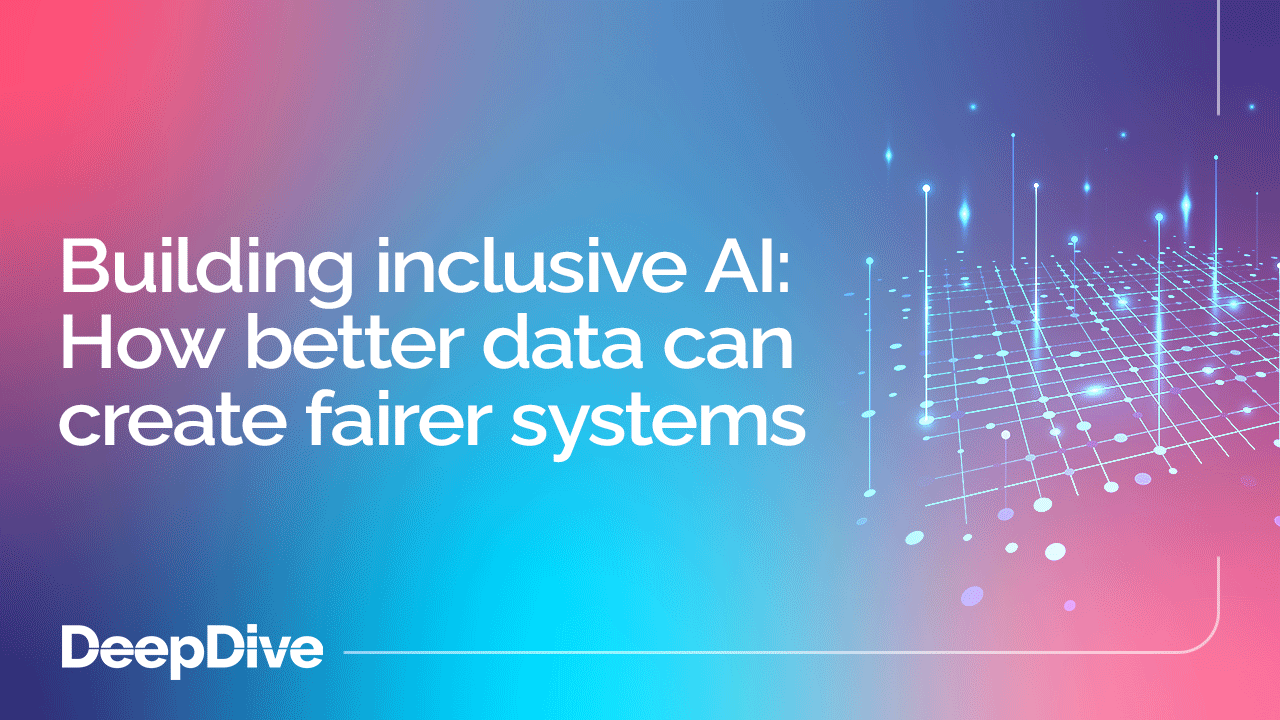

Do all tech leaders do this?

Welcome to the 1,372 new techies who have joined us. If you haven’t already, subscribe and join our community in receiving weekly tech insights, updates, and interviews with industry experts straight to your inbox.
This week we’re quoting Oscar Barranco Liébana (Integrated Operations Platform Director, FIFA World Cup Qatar 2022)
What Liébana said:
“For high-pressure projects with global stakes, there are always two fronts to consider: work environment and personal practices. The right balance between these two will provide the confidence, calm and mental serenity to face any professional challenges.”
Does your outer environment reflect your inner world?
Liébana’s words made us think about the impact of leadership in tech – and how the inner worlds of tech leaders are reflected in the work environments they create.
Two big ones spring to mind:
- Google. The company culture here is a reflection of its leaders, with their state of mind and focus driving the development of a home-like environment. Employees are encouraged to enjoy their work and feel creative, free, and in control of their own lives. Google team members are given the space to figure out how they work best, and shared values – along with dog-friendly offices – aim to make people feel at home.
- Apple. Love it or hate it, Apple’s culture is playful, creative, and innovative to its core. The company’s commitment to innovation is reflected in day-to-day working life. Successes are celebrated, personal growth is encouraged, and in spite of being a tech giant Apple retains its startup-esque atmosphere – with everyone striving to achieve new things and explore new realms.
Liébana was leading the integrated tech operations for the FIFA World Cup, Qatar 2022
Which, it goes without saying, was an immense undertaking. The whole world was watching, so he had to build a solid foundation for management and technologies to work seamlessly. He listed his key focus areas like this:
- Reliable auto-leadership
- A highly committed team
- Robust planning
- Consistent communication with all key stakeholders
- A very strong solution-oriented culture
- Continuous learning and frequent feedback loops
- Trust from superiors
But none of that can happen if the leadership team is too stressed, too strung out, and struggling to communicate clearly with the people around them. While a sense of urgency helps get things done, calmness is also essential.
And that’s why your personal practices – the things you do to maintain your own state of mind, and keep a handle on your sense of perspective – are critical when you’re responsible for guiding the culture of a team. Your own well-being practices aren’t a frivolous thing to add on at the end of a busy day/week/month; they’re a priority.
Liébana said he prioritises two key practices: sports and meditation.
“While both contribute to my well-being and peace when facing challenging challenges, meditation stands out as the most transformative tool I've encountered,” he noted. “It's been instrumental in taming racing thoughts, eliminating any stress, emotional fluctuations, and the urge to micromanage outcomes.”

And we know he’s not alone
If we look at the two giants we mentioned earlier, we know meditation is a big part of their leadership teams’ lives.
As companies, Apple and Google both promote meditation on the job – they’re known for actively encouraging team members at every level to build a meditation practice into their working day.
This stems from their founders: the late Steve Jobs, for example, was a regular attendee at meditation retreats and was committed to a regular practice. And Google co-founder Sergey Brin is known as a dedicated meditation and yoga practitioner, too.
The science behind meditation as a valuable practice to support business leadership and culture is clear:
- From this study at a tech company that found employees were happier, less stressed, and less likely to get ill after just eight weeks of meditation…
- To this one that found the amygdala (a part of the brain associated with fear and stress responses) can be down-regulated after eight weeks of consistent mindfulness practice.
But meditation isn’t the only way your inner state feeds into your tech company’s wider environment.
Ultimately, leadership sets the vibe
We went off on a little tangent there, but listen; we’re not saying that all techies should meditate. We know it’s not for everyone.
What we are saying is that if you’re part of a leadership team, no matter how big or small your organisation is, then it’s worth taking a good look around you. What’s the culture like? How are your team feeling? What’s good (and bad) about coming into work each day – and is motivation high, or not so much?
And then look inside as well. How are you doing?
Because it’s highly likely that your inner state of mind, whether you know it or not, is affecting the rest of the organisation. We know it’s a hustle out there, and there’s not much time to rest – but work on your inner calm and steadiness and everything else will fall into place just a little bit more easily.
Read our interview with Oscar Barranco Liébana: How the tech behind the FIFA World Cup will shape the future of Qatar
Have an idea for a topic you'd like us to cover? We're eager to hear it! Drop us a message and share your thoughts.
Catch you next week,
Richard McKeon
Group Marketing Director
Mark your calendars for 📅 10-13 February 2025.



Building inclusive AI: How better data can create fairer systems
Moving towards tech that works for everyone
Related
articles



Building inclusive AI: How better data can create fairer systems
Moving towards tech that works for everyone
